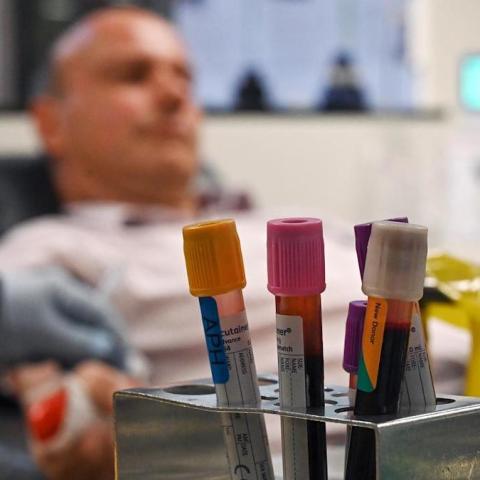Washington — President Trump recently signed a memorandum to send federal law enforcement agents to Memphis, Tennessee, as part of a task force aimed at reducing crime in urban areas. This task force will include the Tennessee National Guard and various federal agencies like the FBI and DEA.
Trump said this action was taken at the request of Tennessee’s Republican Governor Bill Lee. The memorandum directs the defense secretary to ensure the National Guard assists federal law enforcement.
Under Trump’s administration, Memphis becomes the third city to see National Guard presence, following earlier deployments in Los Angeles and Washington, D.C. The president indicated that Chicago might be next on the list for similar intervention, noting that St. Louis could also see increased federal law enforcement.
Trump has pointed out that Memphis struggles with high violent crime rates. He claimed that people in Memphis are more likely to be murdered than those in Mexico City, highlighting the need for stronger safety measures.
He mentioned on Truth Social that while crime rates have somewhat decreased in Memphis, it’s partly due to ongoing federal efforts over the past several months. He drew parallels to previous missions in other cities, suggesting a “miracle” of reduced crime whenever federal enforcement is ramped up.
Interestingly, not all local leaders see the National Guard as a solution. Democratic Mayor of Memphis, Paul Young, stated he didn’t request their presence but is willing to collaborate with them. On the contrary, Illinois officials have expressed a clear opposition to federal troops in Chicago, with Governor JB Pritzker and Mayor Brandon Johnson arguing it wouldn’t address the root issues of crime.
Experts suggest that this type of intervention often leads to mixed results. According to a Pew Research Center survey, while some communities welcome increased law enforcement, others fear heavy policing might escalate tensions without tackling underlying problems such as poverty or lack of education.
In Memphis, residents share a range of opinions, with some feeling relieved about the additional security while others worry about militarization in their neighborhoods. As the situation evolves, the outcomes of these deployments will be closely watched.
For more insights on crime rates and urban safety, visit the Bureau of Justice Statistics.


















:focal(0x0:3000x2000)/static.texastribune.org/media/files/cb24047bbb8da1e74fb24cf164b57e1b/0608%20Houston%20ICE%20Protest%20TT%2003.jpg?w=480&resize=480,480&ssl=1)



